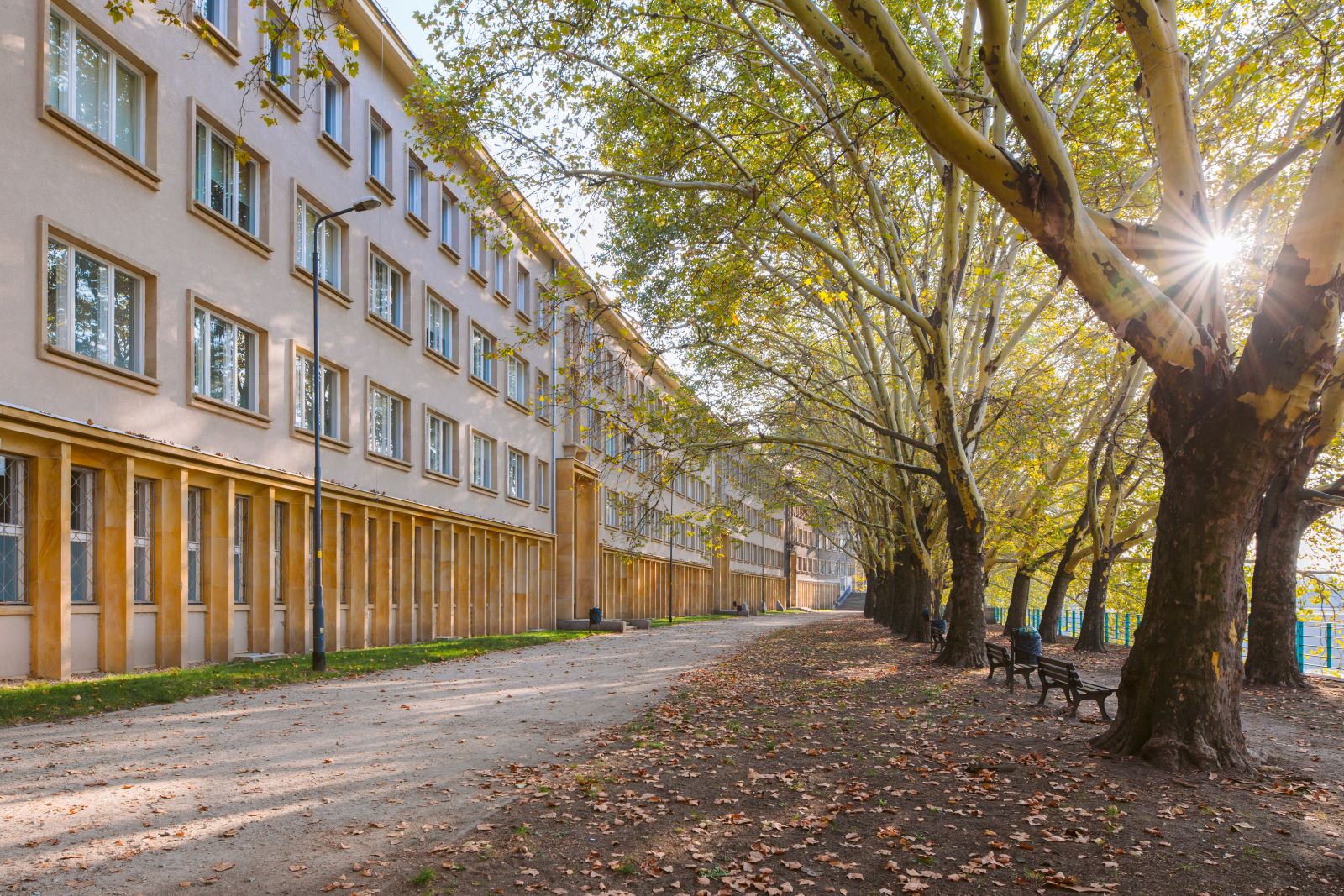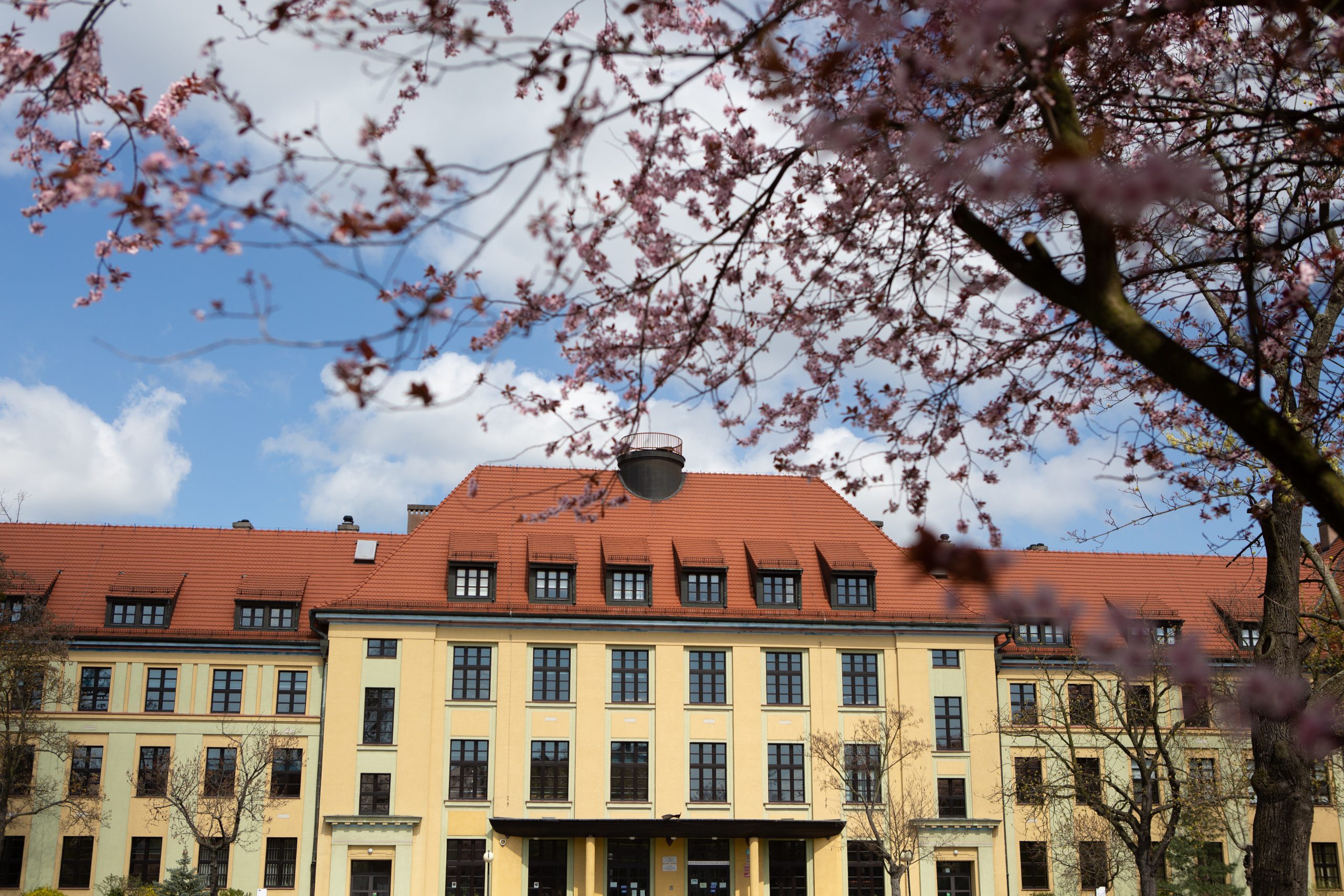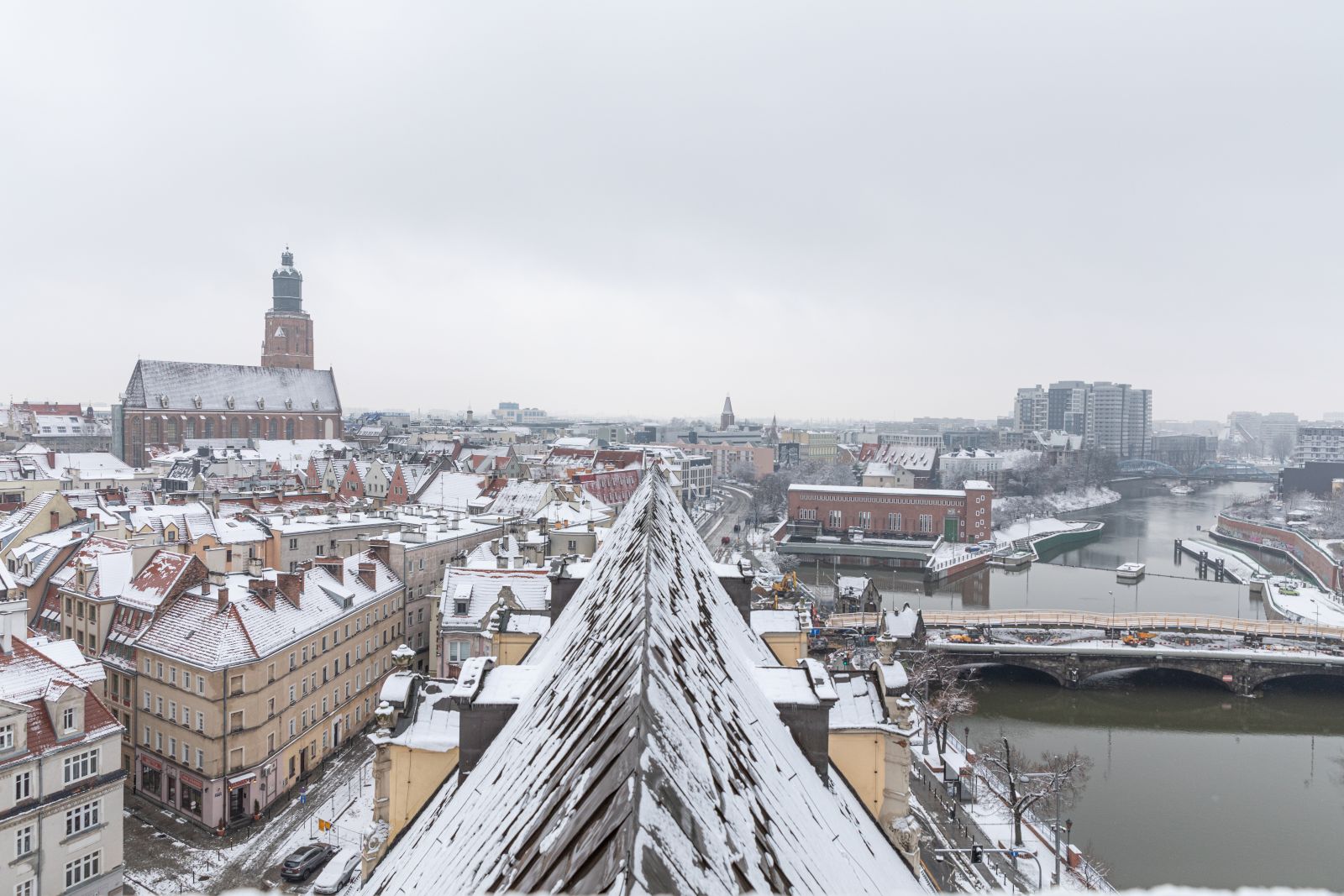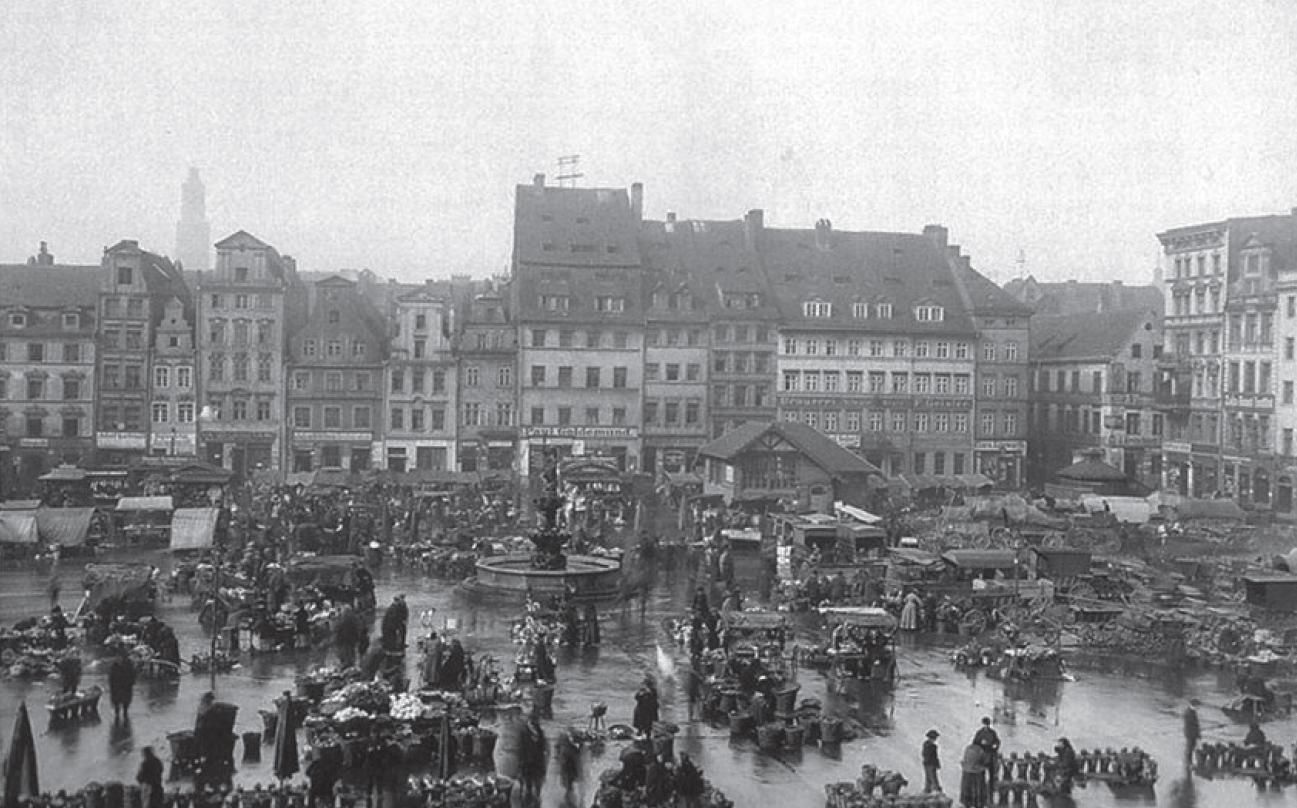UL: Popularisation of science

Do you have an idea for your own business but don’t know how to turn it into reality? Need support in building your start-up? University Dragons’ Den is an extra-curricular subject, organised by the UWr Academic Career Office, which will help you develop your entrepreneurial competences and test yourself in practical action.
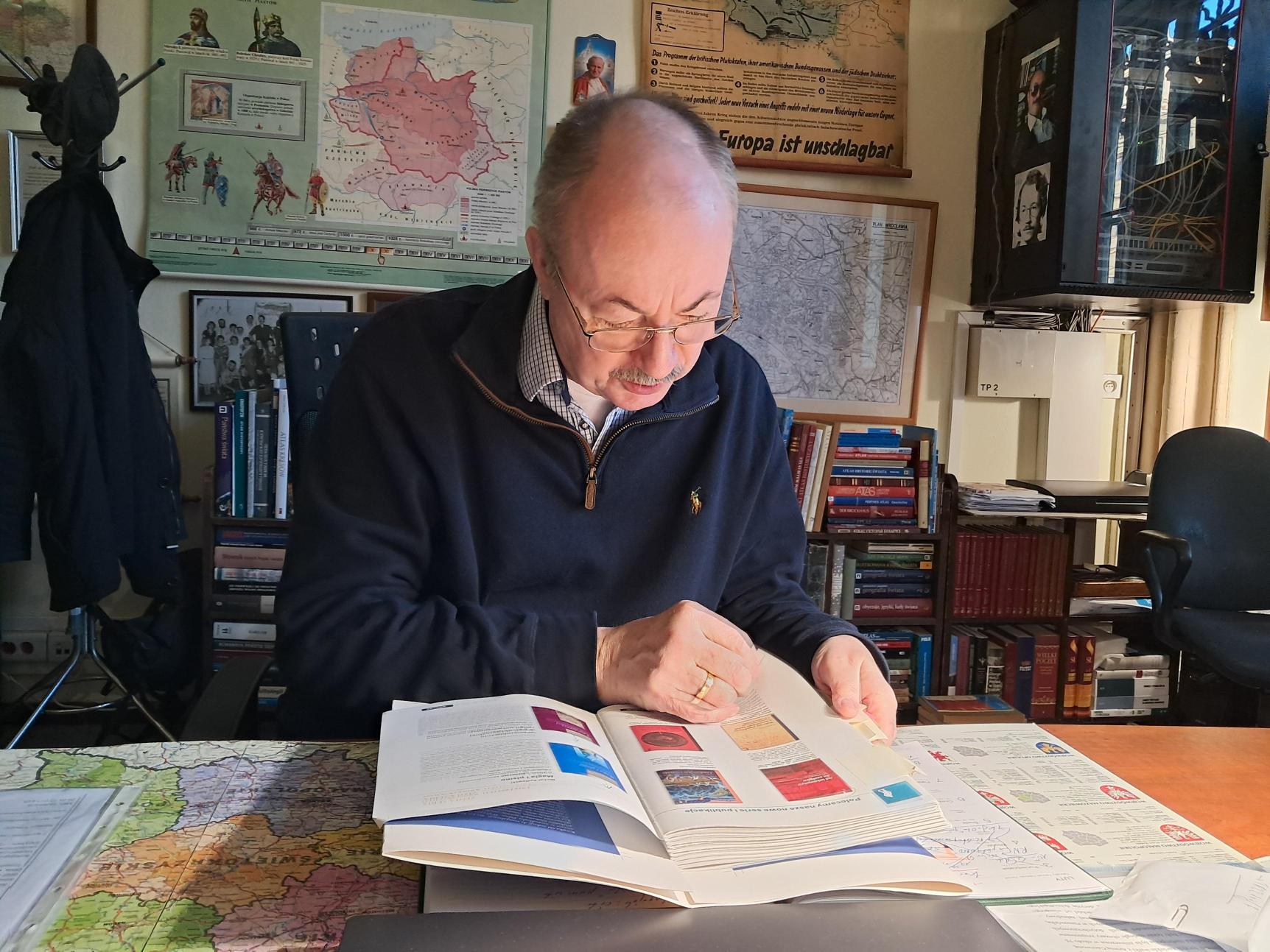
What’s new at the University of Wrocław Press? In our series #MondayswithWUWr, we keep you up to date with the most important events, book news and issues important to the Publishing House! We also encourage you to follow the wuwr.eu website and the Publishing House’s social media – Fb, LinkedIn and Instagram and YouTube . We encourage you to follow!
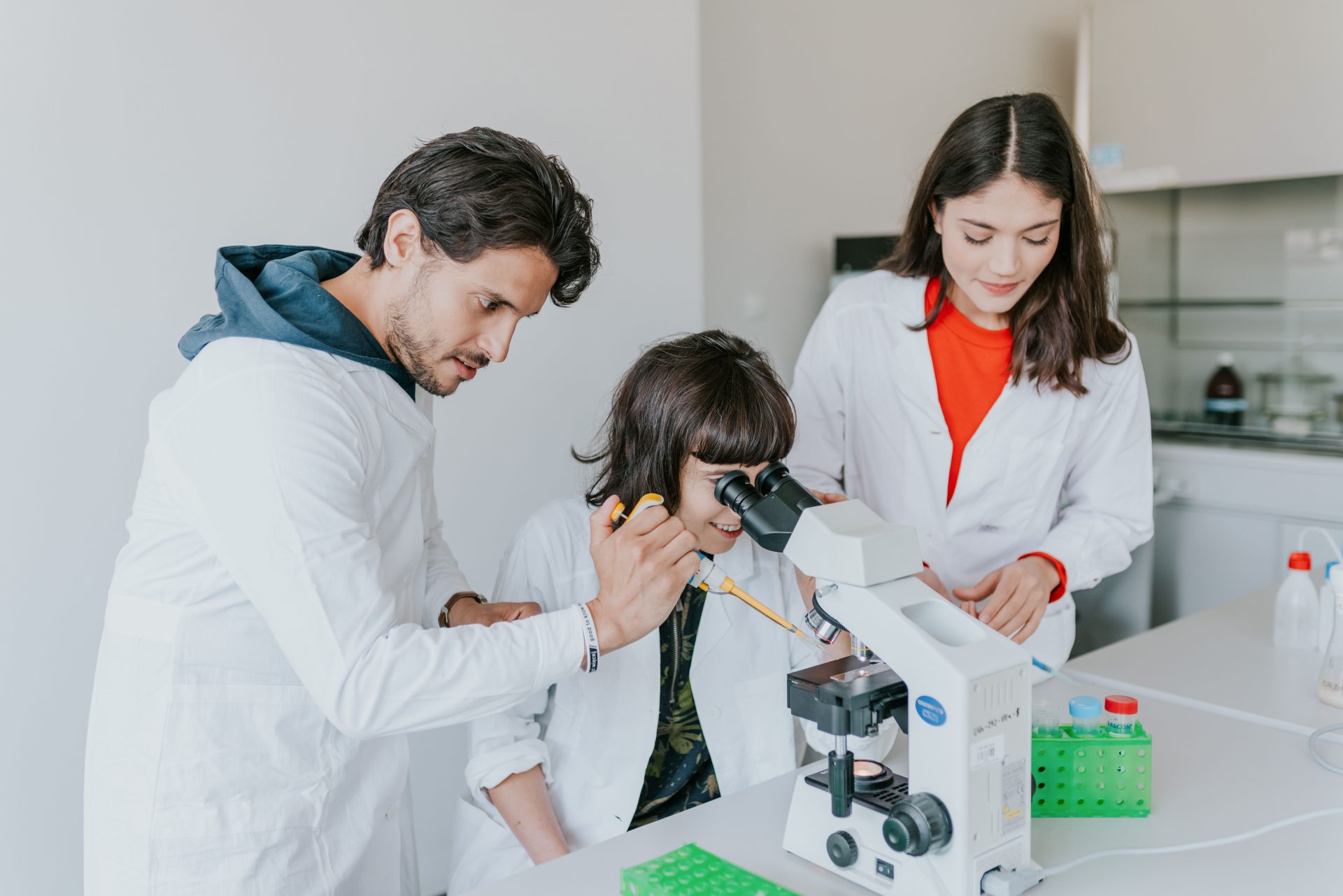
A team of scientists from the Faculty of Biotechnology of the University of Wrocław, composed of: Karolina Pląskowska, dr Łukasz Makowski, dr Agnieszka Strzałka, prof. dr hab. Jolanta Zakrzewska-Czerwińska, received the Prof. Bassalik, awarded by the Committee on Molecular Biology of the Cell of the Polish Academy of Sciences, for the best work in the field of microbiology created in a Polish laboratory. The work of the awarded team has also been published in the prestigious journal mBio (American Society of Microbiology).
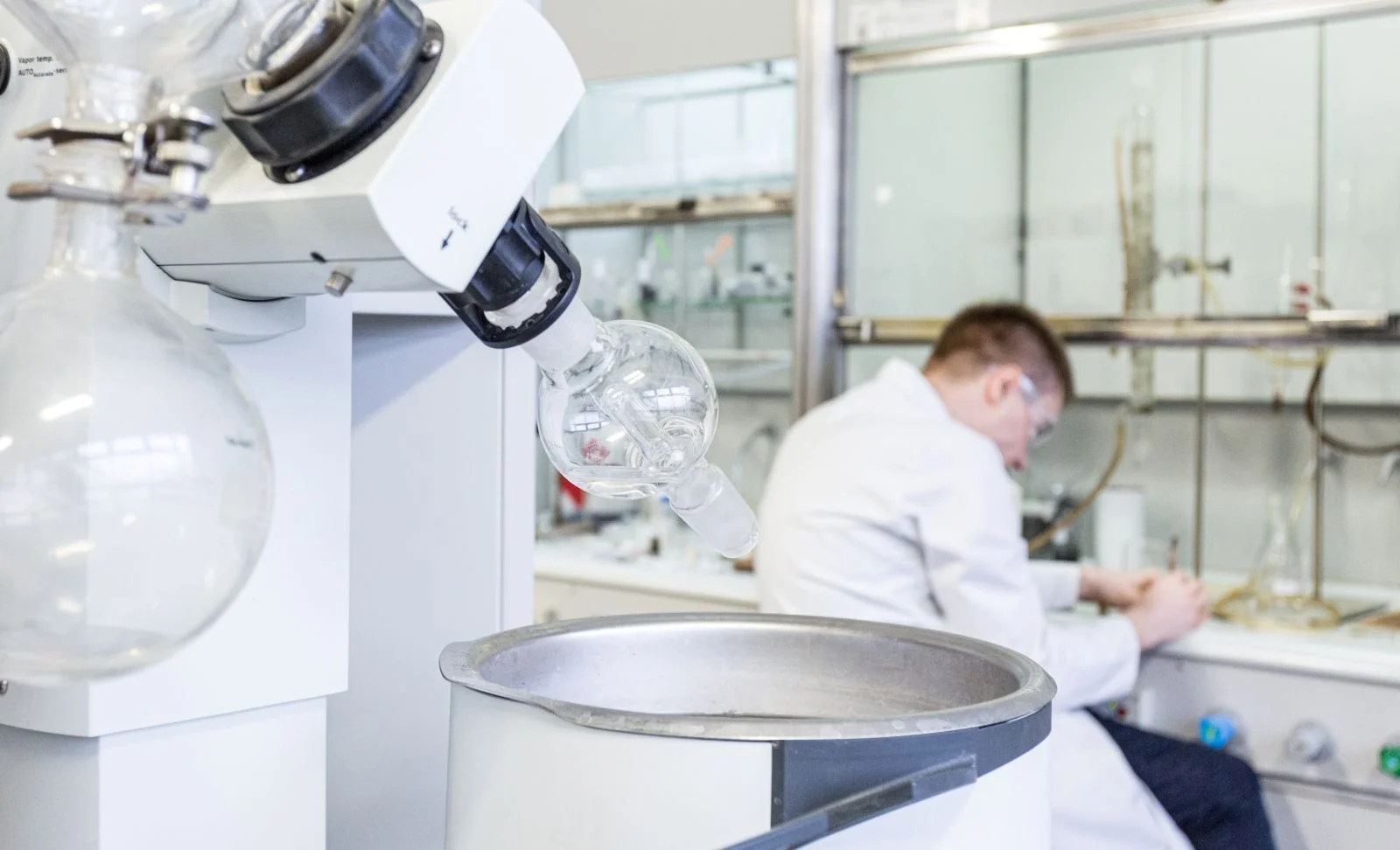
The staff of the UWr Faculty of Chemistry invite you to take part in the eighth edition of the conference organised at the Faculty of Chemistry of Wrocław University, which will take place on Wednesday, 12 February. The conference will take the form of a WEBINARIUM, with lectures starting at nine o’clock. This year’s conference is entitled: ‘Od teorii do eksperymentu: w poszukiwaniu Świętego Graala w nauce 2’.
The Faculty of Social Sciences at the University of Wrocław will be implementing the WEAVE UNISONO research grant in a […]
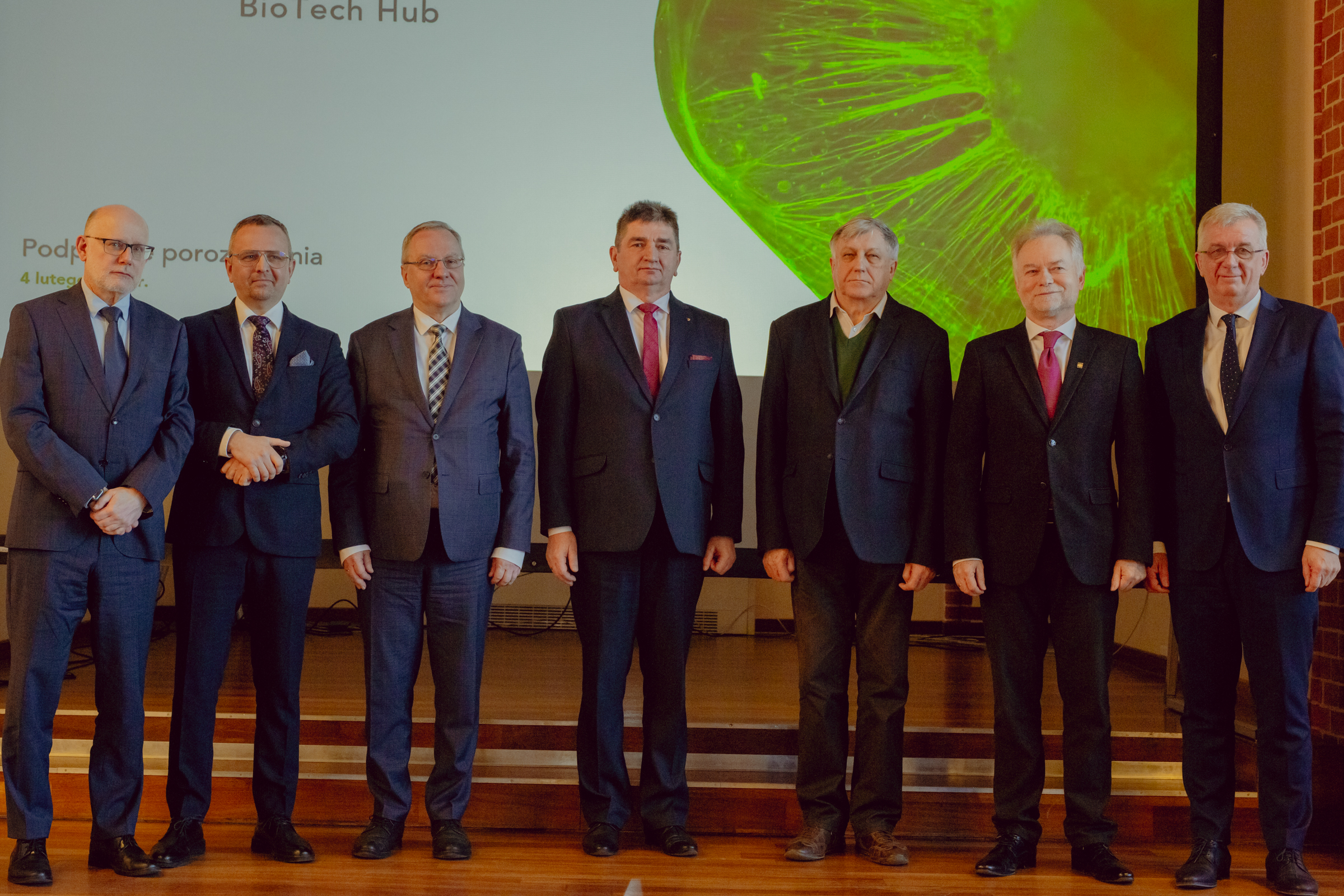
Seven Wrocław research centres, including our University represented by Rector prof. Robert Olkiewicz, signed an agreement to consolidate activities in order to jointly build strong research and development facilities and strengthen the city’s position as a significant scientific centre. This is the first step towards a Wrocław centre of excellence.
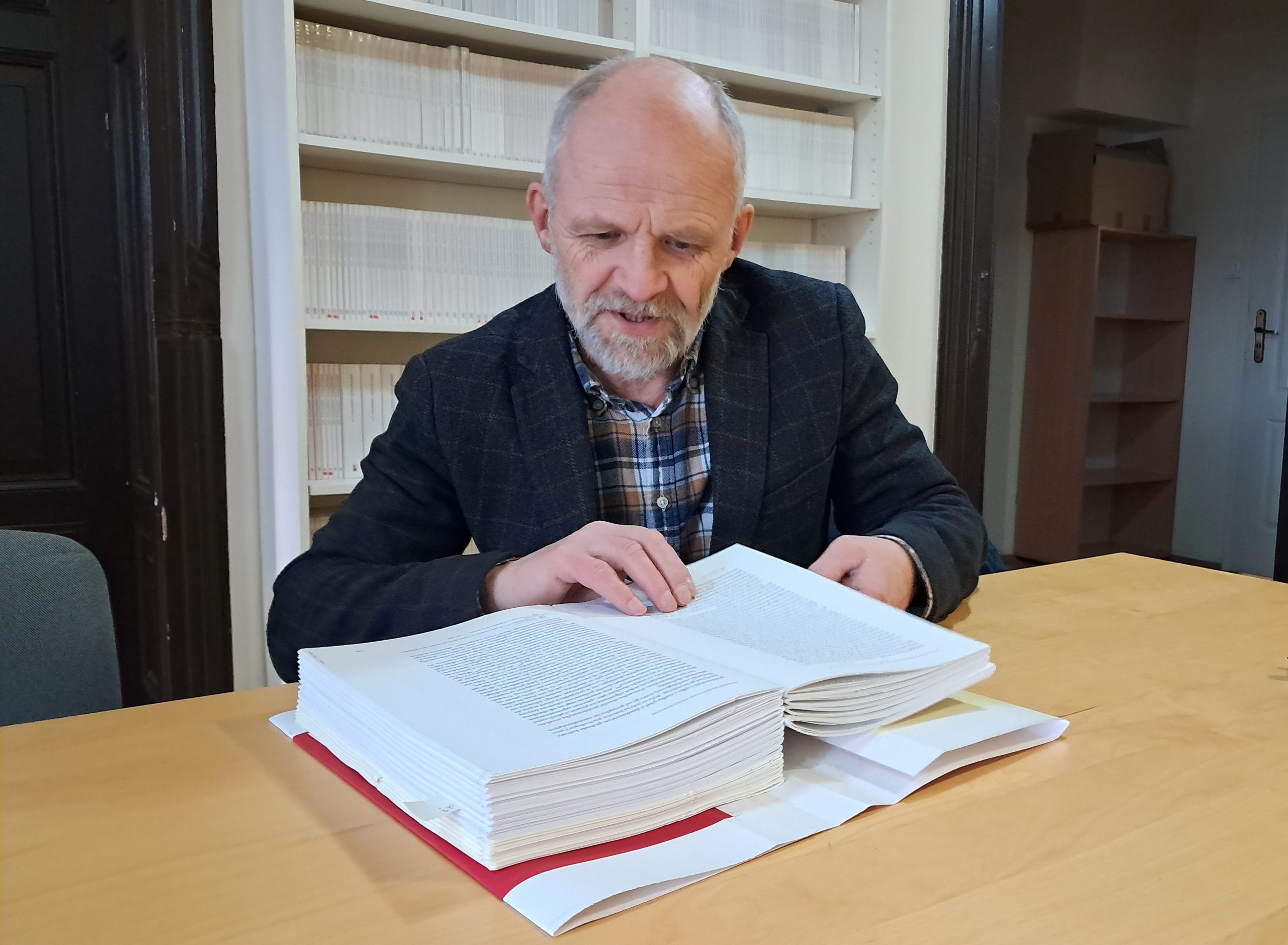
What’s new at the University of Wrocław Press?
In our series #MondayswithWUWr, we keep you up to date with the most important events, book news and issues important to the Publishing House! We also encourage you to follow the wuwr.eu website and the Publishing House’s social media – Fb, LinkedIn and Instagram and YouTube. We encourage you to follow!

Prof. Anna Pacześniak of the Institute of European Studies at the University of Wrocław has been nominated – as one of six people in the whole of the European Union – to the Committee of Independent Eminent Persons. This was announced on behalf of the Conference of Presidents by the President of the European Parliament, Roberta Metsola.

We talk about synesthesia and synesthetics, smells, senses, colors and letters with dr Przemysław Staniewski from the Department of Applied Linguistics at the Faculty of Letters of the University of Wrocław. Dr Staniewski has been conducting research on linguistic synesthesia for several years now. In the academic year 2023/2024, he was a scholarship holder of the Studienbörse Germanistik, which is the result of cooperation between the Hermann Niermann Foundation and the Julius-Maximilians University of Würzburg.
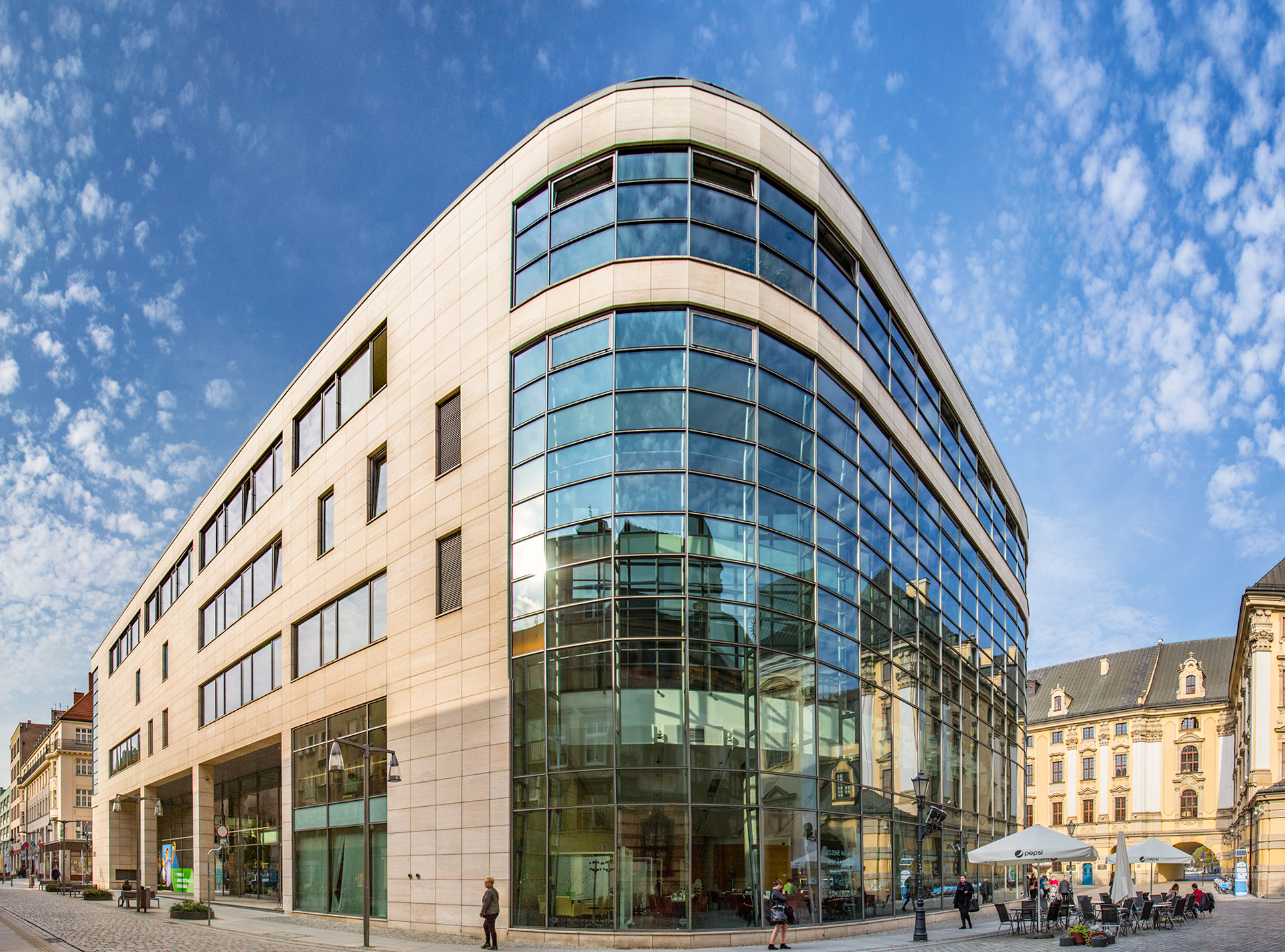
Conducting scientific research, especially involving the analysis of the laws of a country as distant as Chile, is quite a challenge. Of course, thanks to new technologies, it is possible to complete many research tasks practically without leaving home, but the real value of scientific research is still the opportunity to share your research results with other experts in order to initiate discussion on a given legal problem – emphasises our PhD student Laura Słocka.
What’s new at the University of Wrocław Press? In our series #MondayswithWUWr, we keep you up to date with the […]





